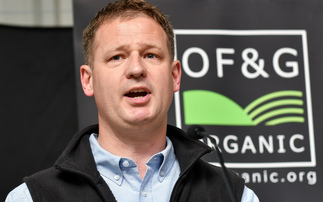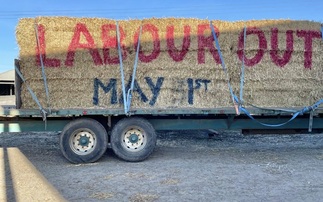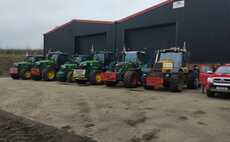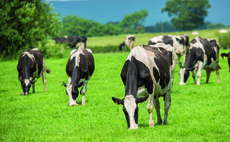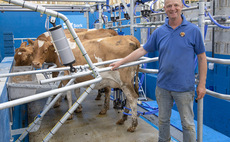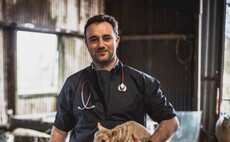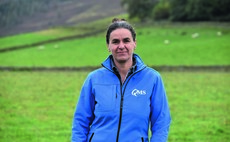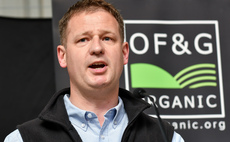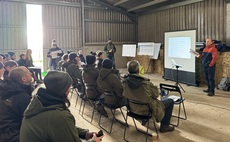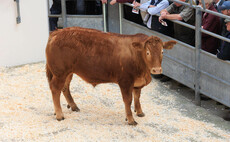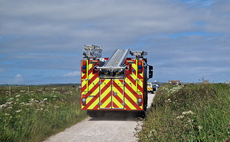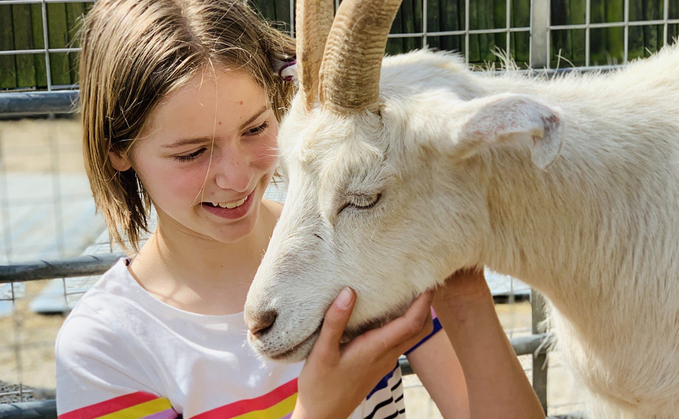
Kentish City Farm is in the heart of London
- This year's 24 Hours in Farming takes place on August 3, 5am - August 4, 5am
To many, a farmer's job is to produce food. But for those who actually work in the industry, it is now much more than that.
The daily tasks, of course, consist of all the usual farm work and maintenance, but it now will also probably include an element of social media or work to connect to the consumer to truly showcase what we, as an industry, do.
More and more, farmers are taking what they do straight to the public, whether that be through educational streams or setting up city and communal farms to make that farm-to-plate link.
The feeling is that if nobody else will fight farming's corner, then the industry will simply have to do so itself.
Luke Abblitt, an arable farmer from near Peterborough, has taken to social media to try and reach the next generation.
Known as Farmer Luke, his journey began after speaking to children at the primary school where his mum worked.
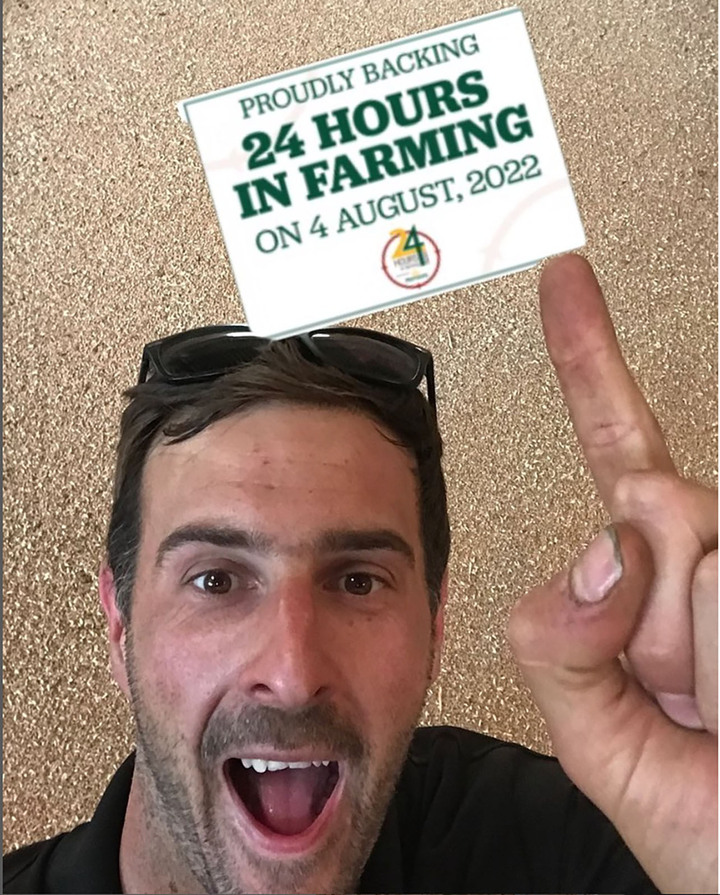
He went in once, was ‘shocked' at the lack of knowledge and then began working with Kids Country, which is part of the East of England Showground and promotes farming education.
He says: "When you ask someone about farming, they have a prehistoric view of the industry. It is horrific how many children do not know about where their food comes from.
"If we do not tell them what we actually do, who will?"
Luke comes from a long line of farmers and he is the fourth generation to farm.
His way of talking to consumers is to make the story as simple as possible in the hope that this will break down the barriers. He says that keeping it basic, telling the truth and transparency are all key.
"We have to sell British as a brand and as a product," he says. "We need to get kids involved, then they might just get involved as adults.
"Social media makes it accessible - almost everyone has it. Jeremy Clarkson also made people want to find out more and they are genuinely interested.
"I aim my stuff more towards people who are not from agriculture.
"The consumer has an option to buy whatever they want; we have to prove why they should buy British.
"We also have to tell them that we are more than just great produce - look at all the things we do for nature."
Organisations are working hard to showcase the industry's worth to the wider public too.
Linking Environment and Farming (Leaf) is constantly engaging with consumers and the next generation, but its flagship event, Open Farm Sunday (OFS) really encompasses what can happen when you fling open the farm gates and let people engage with farmers on the ground.
This year, OFS saw 250 farmers take part and thousands of people descend on farms of all shapes and sizes across the country. The impact this has to rally support for the sector is beyond doubt.
Carl Edwards, director of education and public engagement at Leaf, says: "Engaging with the public, our future consumers, employees and decision-makers plays an important role in building trust and value in the food system.
"Having that opportunity to connect with our future generation ensures we build strong and long-lasting connections which encourages new entrants, new interest and support for farmers and the wider industry.
"There is genuine interest from the wider public and we see this through all of Leaf Education and OFS work."
Farming is also being made accessible to those in urban areas - there are countless city farms and community farm gardens across various cities in the UK.
Putting such places at the heart of urban communities is key in attracting new talent, educating people of all ages and it can also benefit mental health - being able to be in touch with nature has a whole host of benefits.
Kentish Town City Farm is proof city farms are vital. It was the first one to be established in the UK, after forming in 1972.
And its values have not changed. The farm's ethos has always been based on inclusiveness and participation of the local community.
It is a 1.6-hectare (four-acre) hive of activity, sitting alongside two railway lines in the inner London Borough of Camden. There are community gardens, animal pasture areas, a riding area and a wildlife pond.
The main farm building is used for children's activities, schools and community groups, and the farm kitchen lets children cook using fresh ingredients from the site itself. It even has its own young farmer club for youngsters aged eight to 16.
"City farms are vital in a dense urban area," says Amber Alferoff, programmes manager at Kentish Town City Farm.
"Kids need to understand what a farm animal is and what farming and food looks like. It is also about connecting children with nature.
"Kids start volunteering and it opens up a farming career to those who would not be exposed to it normally."
A good example of this is that staff from the city farm started by volunteering and have stayed to carry on inspiring others.
But the farm's history is a rich one and, although there were a few city farms established around the same time, a response perhaps to lack of local land and a lot of post-war ‘emptiness' - Kentish was the first.
Amber says: "London is so built up. These are important for people to have a bit of space and connect with nature and each other.
"It also connects people across different classes - all Londoners feel welcome."
The farm has pigs, chickens, goats, a cow and a plethora of small animals, but it also promotes the learning of traditional crafts - some of which are dying.
It works a lot with people with learning disabilities and, Amber says that on-farm, their assets are emphasised.
It is a small haven for wildlife as well as the farm animals, a tiny piece of the countryside in the middle of city life.
It is currently having a nature survey done too, and it has so far proven ‘that there really are a lot of birds here'.
Normally the farm has horses too, but with some ongoing work currently going on, the horses are on ‘holiday'.
Amber says: "To see people horse riding in the middle of Camden is quite amazing."
The farm really gives people a chance to experience what the industry may be like and what it could offer them. Young farmers are also given a taste of showing and prepping for a show.
Amber says: "It is about keeping people in touch with the seasons; learning about the cycle of life in a gentle way.
"It opens up a vista for children and showcases careers. It connects them to the countryside and rural traditions so they feel at home in nature - that is really important.
"So is the continuity of passing on skills and passing them on to young local people - to all of London's different communities."








